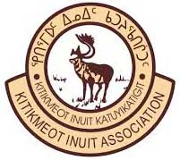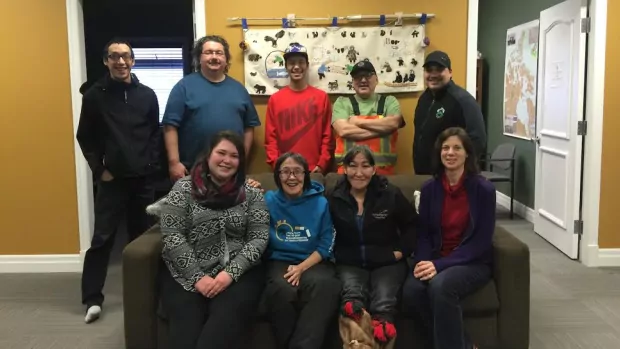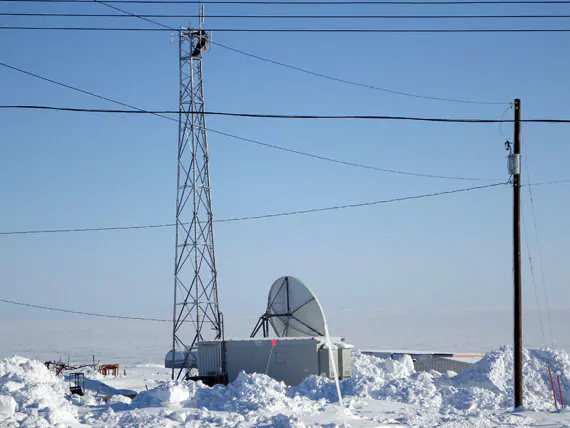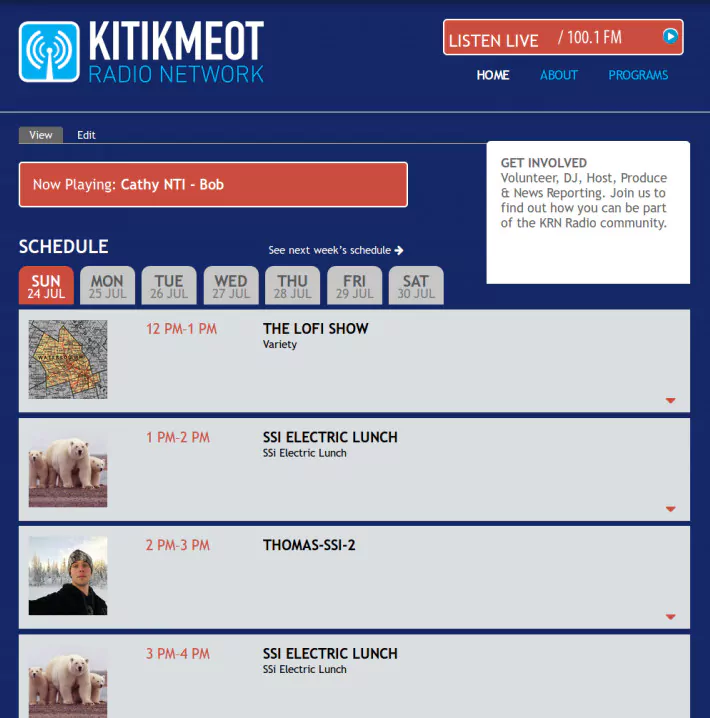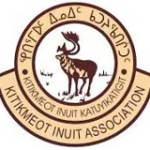 OpenBroadcaster online media library function will be used for long–term storage of this media, where radio station programmers in any community can schedule it for broadcast for years to come. The KRN nodes in Cambridge Bay and Kugluktuk will be used to broadcast daily shows in the Inuinnaqtun and Inuktitut dialect in the two communities. Through a collaboration between KIA (Kitikmeot Inuit Association) and SSI Micro, a network of radio stations has been launched in Canada‘s high arctic on the Northwest Passage. These stations are connected through satellite based internet services and use virtual clustering to allow local servers to be accessed more quickly and cost effectively.
OpenBroadcaster online media library function will be used for long–term storage of this media, where radio station programmers in any community can schedule it for broadcast for years to come. The KRN nodes in Cambridge Bay and Kugluktuk will be used to broadcast daily shows in the Inuinnaqtun and Inuktitut dialect in the two communities. Through a collaboration between KIA (Kitikmeot Inuit Association) and SSI Micro, a network of radio stations has been launched in Canada‘s high arctic on the Northwest Passage. These stations are connected through satellite based internet services and use virtual clustering to allow local servers to be accessed more quickly and cost effectively.
The pilot project was launched on July 9th and was timed to coincide with KIA’s 40th Anniversary. Nodes of the KRN were deployed in Cambridge Bay, Kugluktuk, and Ottawa, and were used to broadcast a live FM broadcast and Internet stream of Nunavut Day Music Festival held in Cambridge Bay. The successful project has opened up the opportunity to expand the project to all Nunavut communities. Linux is the perfect fit for this project due to its extreme reliability, cost efficiency, and ability to run in environments with scarce resources. It requires a minimum of maintenance, making it ideal for hard–to–get–to geographic locations.
The main purpose of the KRN project is to be used as a language preservation tool. Communities will work with Inuit Language speakers to create a library of media, including language lessons, oral history, and contemporary information. OpenBroadcaster, an online media library, will be used for long–term storage of this media, where radio station programmers in any community can schedule it for broadcast for years to come. The KRN nodes in Cambridge Bay and Kugluktuk will be used to broadcast daily shows in the Inuinnaqtun and Inuktitut dialect in the two communities. Through this project, KIA and SSI Micro hope to preserve the Inuit language and culture by providing access to language lessons, oral history, and contemporary information.
The KRN project will help to bridge the digital gap and bring Nunavut communities closer together.
